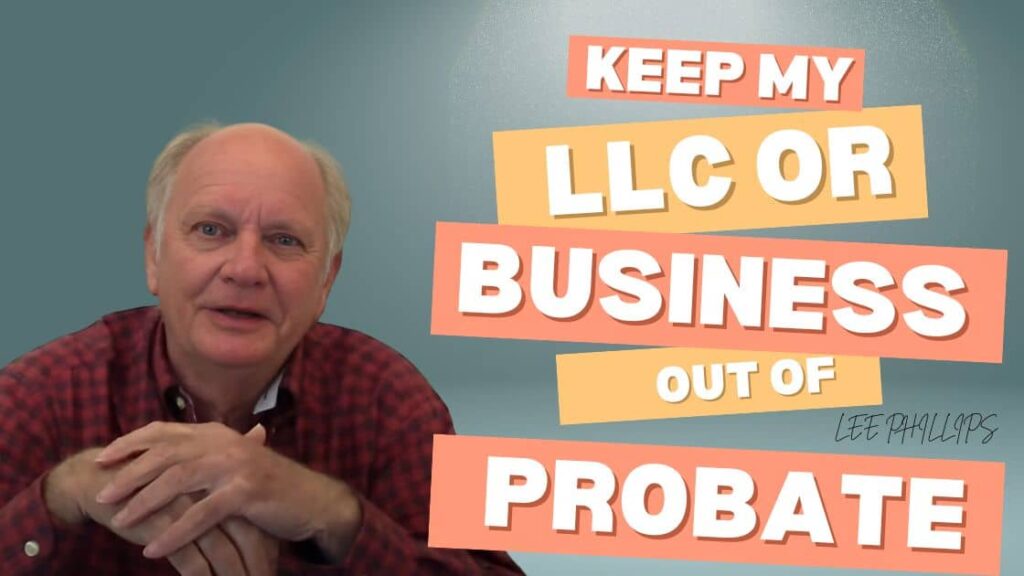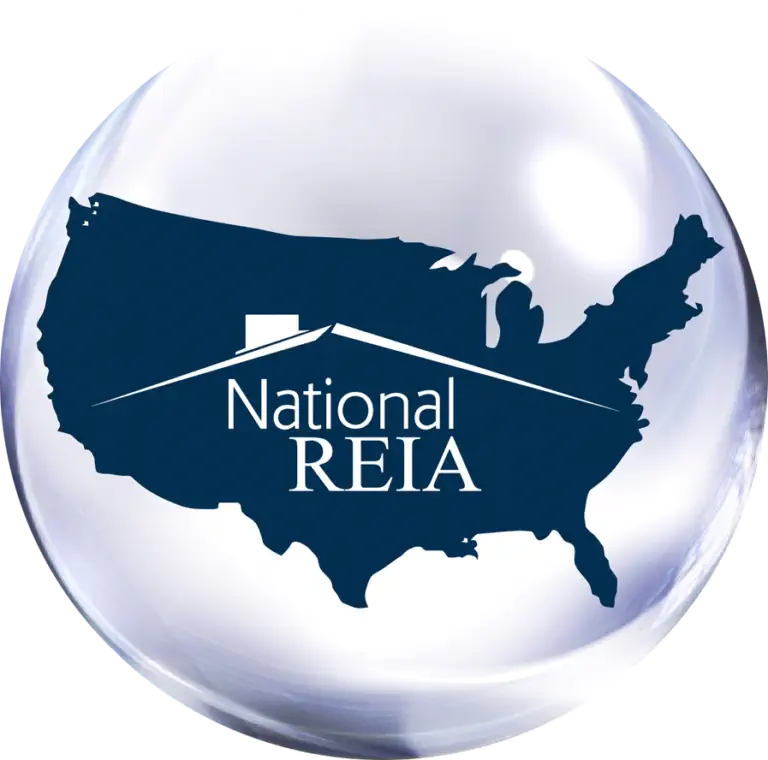If you own an LLC or small business, one thing you may not have considered is how to avoid probate when the owner passes away. This can be a significant issue, as many small businesses fail when they get caught up in the probate process. In today’s video from Lee’ PHillips, we’ll cover two key ways to ensure your business avoids probate and continues to operate smoothly after the owner’s death.
Avoid Probate of an LLC or Other Small Business
1. Have the LLC Owned by a Living Revocable Trust
One of the most effective ways to avoid probate for your LLC or small business is to have your Living Revocable Trust become the member of your LLC. This means that the trust is officially listed as the owner of the LLC on all paperwork, including the operating agreement.
When setting this up, remember to include the name of the trust, the date of the trust, and the trustee’s name on all relevant LLC documentation. If your LLC issues membership certificates, those should also be in the name of the trust. This way, when the grantor of the trust (the person who set it up) passes away, the new trustee can step in and manage or distribute the LLC’s ownership according to the terms laid out in the trust. This method ensures a smooth transfer of ownership and prevents the LLC from going through probate.
Considerations for Subchapter S LLCs
If your LLC is taxed as a Subchapter S Corporation, the trust must qualify as a Subchapter S Trust. Many Living Revocable Trusts are already designed to be Subchapter S qualified, but it’s important to double-check this with your attorney. If not, the IRS could reclassify the LLC as a C Corporation, which would lead to double taxation and other complications.
2. Write Instructions into the Operating Agreement
Another option for avoiding probate is to specify what happens to the LLC’s ownership directly in the operating agreement. By writing clear instructions for what happens when a member dies, you can bypass the probate process. For instance, you can specify that upon the death of the owner, ownership shares are distributed to designated individuals or beneficiaries.
It’s important to note that whatever is written in the operating agreement will override the trust, will, and any other documents. This is why it’s crucial to have clear instructions in the operating agreement if you want to avoid probate.
Why This Matters
Many people—including estate planning attorneys—often overlook the fact that an LLC or small business is a probatable asset. After the owner’s death, the ownership typically requires a signature to be transferred, which can land the business in probate court. During probate, the business is essentially frozen, and any significant delay can be disastrous.
In fact, 95% of small businesses fail when the owner dies, and probate is a major reason. For example, a pediatrician with a thriving practice passed away unexpectedly. His practice ended up in probate for a year, during which time the patients moved on, leaving the business unsellable by the time probate was finished.
This situation is avoidable. By having your LLC owned by a Living Revocable Trust or clearly stating what happens in the operating agreement, you can protect your business and ensure it continues to thrive even after you’re gone.
Learn More from Lee Phillips
For a deeper dive into managing LLCs and how to protect them from probate, check out my LLC Mini Course. It walks you through all the essentials of setting up and managing an LLC the right way. Plus, it’s completely free.
Sign up for my free llc mini course at https://legalees.com/business-planning/ Get “How to Use a Trust” at https://legalees.com/using-a-trust-ebook
Additionally, join us for an upcoming Master Class on Saturday, November 16th, titled “Generational Wealth with the Right Estate Plan.” Don’t leave your heirs with a mess—learn how to protect your wealth for future generations. Get all the details for this event here.
More from Lee Phillips
Master Class Nov 16 2024: Create Real Generational Wealth with Estate Planning – Featuring Lee Phillips
Saturday, November 16th, ONLINE9 am to 3 pm Central We Don’t Like to Talk About…
Lee Phillips Reminds us of the FinCEN Deadline
https://youtu.be/pB0-m7IcHfw?si=LR8gFtX4Wjqvwtz9 FinCEN – which requires the registration of all corporations, LLCs, limited partnerships, and other…
Lee Phillips on Two Ways to Avoid Probate of an LLC or Small Business
If you own an LLC or small business, one thing you may not have considered…
When and How to Update Your Living Revocable Trust
As real estate investors and small business owners, it is very important to have your…
Lee Phillips on a Will Vs an Estate Plan
https://youtu.be/wRb1XYdovds?si=7H12CBFQ5g2-fV7V When planning for the future, many people think that having a Will is enough…
Lee Phillips on FinCen and Dormant Companies
As a business owner or someone managing multiple entities, it’s crucial to stay informed about…








